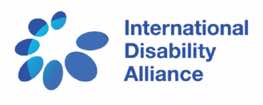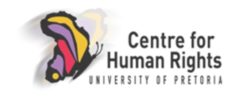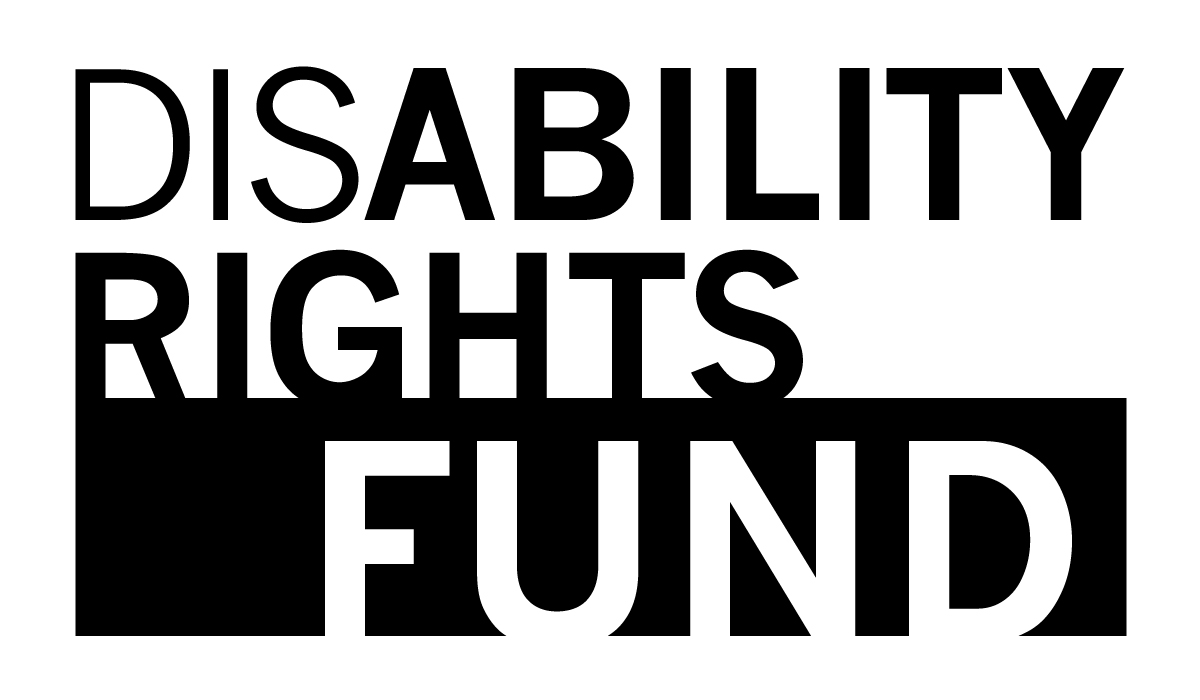October 21, 2020 - FOR IMMEDIATE RELEASE
Contact: Melanie Kawano-Chiu, Evaluation & Learning Manager
Disability Rights Fund & Disability Rights Advocacy Fund
E: mkawanochiu@disabilityrightsfund.org
P: +1 (626) 400-6328
Catastrophic global failure to protect the rights of persons with disabilities highlighted in a new global report
Launch event scheduled for 9am ET/3pm CET, 22 October: Register here: https://zoom.us/webinar/register/WN_sZVcm4PKSQOgKtltQK3YTg
Boston, MA. A coalition of seven global disability rights organizations have today called for urgent action by States and the international community to halt the catastrophic failure to protect the lives, health, and rights of persons with disabilities during the COVID-19 pandemic.
“Children (with disabilities) and their parents are still in the street with no face masks, no social distancing. Their lives are in danger” Organization of persons with disabilities, Nigeria
A report entitled ‘Disability rights during the pandemic: A global report on findings of the COVID-19 Disability Rights Monitor’, which will be launched on October 22, presents the findings from a rapid global survey of persons with disabilities and other stakeholders which took place between April and August of this year. The organizations behind the study seek to catalyze urgent action in the weeks and months to come, as transmission rates continue to rise in many countries and persons with disabilities are again subjected to restrictions which have already had severe consequences.
The report analyses over 2,100 responses to the survey from 134 countries around the world. The vast majority of responses were from individuals with disabilities and their family members. Very few governments or independent monitoring institutions responded.
The report highlights four major themes from the survey data:
- The failure to protect the lives of persons with disabilities in residential institutions, which have become hotspots during the pandemic: Instead of prioritizing emergency measures to reintegrate people into the community, respondents pointed out that many institutions have been locked down, with fatal consequences.
“People in institutions are not receiving adequate assistance or access to medical supplies. Staffing is insufficient and at dangerous levels” A female with disability, United States
- Widespread, rigid shutdowns that caused a dramatic breakdown in essential services in the community: Persons with disabilities could not access basic goods, including food, and supports such as personal assistance. Strict enforcement of these lockdowns by police and security forces has sometimes had tragic results, including the deaths of persons with disabilities.
“The government announced the stay at home order and lockdown, but could not think of poor daily wage earners who are not getting even a meal a day. People are deprived of food and are in financial crisis and the government has not provided any benefits” A person with disability, Nepal
- Serious and multiple human rights violations against underrepresented populations of persons with disabilities: Women and girls have experienced a major uptick in gender based violence, children with disabilities have been denied access to online education, and homeless persons with disabilities have either been rounded up and detained or left completely to fend for themselves.
“We have been forgotten about” A female with disabilities, New Zealand
- A marked trend of denying basic and emergency healthcare, including reports about the adoption of discriminatory triage procedures: In some cases, persons with disabilities were directly denied access to treatment for COVID-19 because of their disability.
The survey collected over 3,000 pieces of written testimony, many of which illustrate a failure by states to adopt disability-inclusive responses. This has been the case across many countries, regardless of their level of economic development, pointing to a collective failure on the part of leaders.
The report offers concrete evidence that is essential reading for law and policymakers, health and social care professionals, law enforcement, civil society, and others who seek to ensure that persons with disabilities are no longer sacrificed in efforts to contain the pandemic.
The report will be released at a high-profile virtual event at 9am ET/3pm CET on October 22, 2020. A full list of speakers at the event can be found here. To read more about the COVID-19 Disability Rights Monitor, visit the website: www.covid-drm.org.
Members of the Coalition

The Validity Foundation – Mental Disability Advocacy Centre is an international non-governmental human rights organization which uses legal strategies to promote, protect and defend the human rights of persons with intellectual disabilities and persons with psychosocial disabilities in Europe and Africa. Validity holds special consultative status with ECOSOC and participatory status at the Council of Europe. Website: www.validity.ngo.

The European Network on Independent Living (ENIL) is an international network of disabled people, with members throughout Europe. ENIL is a forum for all disabled people, Independent Living organizations and their non-disabled allies on the issues of Independent Living. ENIL represents the disability movement for human rights and social inclusion based on solidarity, peer support, deinstitutionalization, democracy, self-representation, cross disability and self-determination.
Website: www.enil.eu.

The International Disability Alliance (IDA) is an Alliance of 14 global and regional organizations of persons with disabilities. Together, the IDA Members promote the rights of persons with disabilities across the United Nations’ efforts to advance human rights and sustainable development. IDA supports organizations of persons with disabilities to hold their governments to account and advocate for change locally, nationally and internationally.
Website: www.internationaldisabilityalliance.org.

Disability Rights International (DRI) is a human rights advocacy organization dedicated to the protection and full community inclusion of children and adults with disabilities worldwide. DRI documents human rights violations, educates and engages the public through media campaigns, trains and supports activists working to bring change, and conducts strategic litigation to enforce the rights of people with disabilities. DRI’s Worldwide Campaign to End the Institutionalization of Children is dedicated to promoting the recognition and enforcement of the right of all children to live and grow up with a family and not in any form of institution, orphanage, or group home. DRI is an organization led by people with disabilities and their families.
Website: www.driadvocacy.org.

The Disability Rights Unit at the Centre for Human Rights, University of Pretoria, is committed to finding evidence-based ways of addressing the rights of persons with disabilities on the African continent. This includes conducting research on international disability rights standards and instruments, building capacity among governments, national human rights institutions, academia, civil society and communities, and engaging with judicial, quasi-judicial and non-judicial redress mechanisms.
Website: https://www.chr.up.ac.za/units/disability-rights-unit.

The International Disability and Development Consortium (IDDC) is a global consortium of 31 disability and development non-governmental organizations (NGOs), mainstream development NGOs and representative organizations of persons with disabilities (DPOs) supporting inclusive international development and humanitarian action with a special focus on the full and effective enjoyment of human rights by all people with disabilities in more than 150 countries around the world.
Website: www.iddcconsortium.net.

The Disability Rights Fund (DRF), and its sister organization, the Disability Rights Advocacy Fund (DRAF), are pooled funds and participatory grantmakers, bringing together global disability rights activists and donors to resource organizations of persons with disabilities across Africa, Asia, Pacific and Caribbean to advocate for the advancement of the Convention on the Rights of Persons with Disabilities (CRPD) at national and local levels. With more than 50% of grants supporting organizations of persons with disabilities marginalized within the disability movement, DRF supports persons with disabilities around the world to build diverse movements, ensure inclusive development agendas, and achieve equal rights and opportunities for all. DRAF supports work to advance legal frameworks to realize rights.
Websites: https://disabilityrightsfund.org and https://drafund.org.
####
